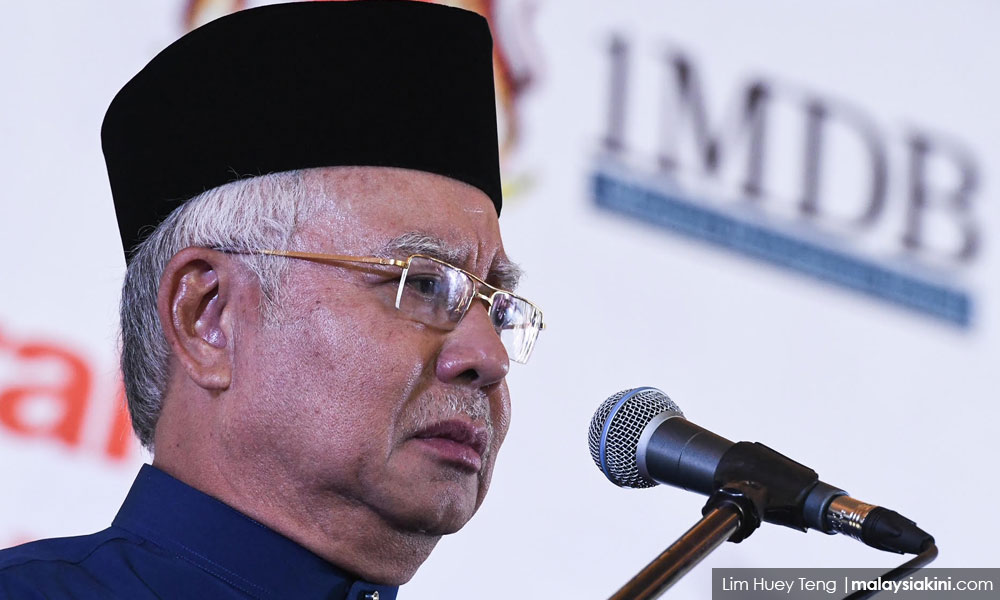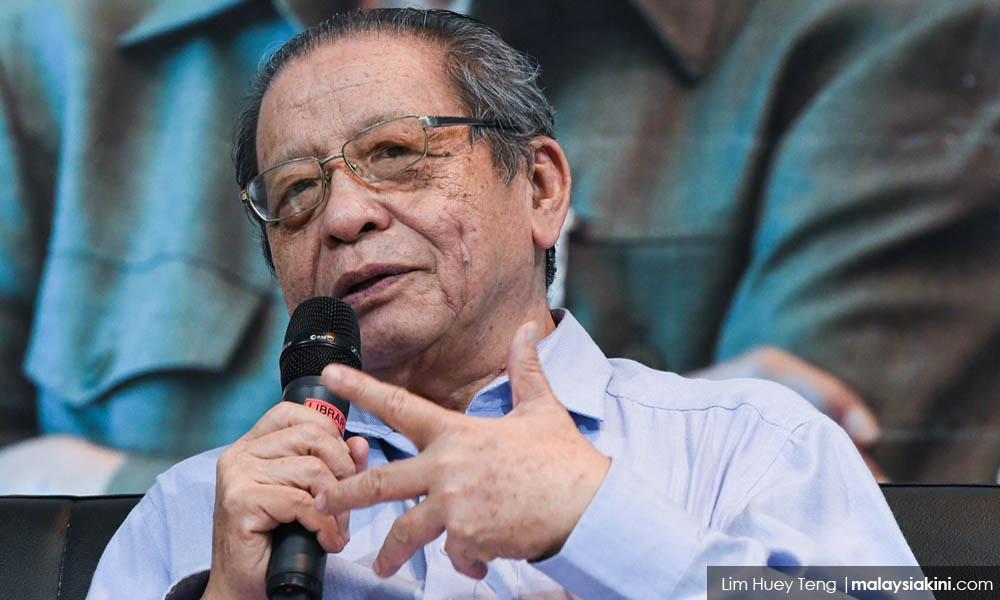Bersih has called for the MACC to be given the power to prosecute graft instead of just conducting investigations, in light of Malaysia’s slide in Transparency International’s (TI) Corruption Perceptions Index 2017 (CPI) rankings.
“Time and again, officers in MACC have investigated cases of corruption but have hit a dead end as the attorney-general allows the files on his desk to collect dust,” the electoral watchdog said in a statement today.
Echoing TI-Malaysia, Bersih cited the alleged inaction over 1MDB as an example of what contributed to Malaysia dropping to 62nd in the ranking from 55th the year before.
At the launch of the CPI 2017 today, TI-M president Akhbar Satar attributed this to the 1MDB issue, the SRC International Sdn Bhd case, the RM2.6 billion donation, the Federal Land Development Authority (Felda) scandal, the Sabah water scandal, as well as the conviction of whistleblowers like PKR vice-president Rafizi Ramli.

“If the government is truly sincere about transparency and economic accountability, then it should start by openly investigating 1MDB.
“Prime Minister Najib Abdul Razak, who doubles as finance minister, cannot expect that the removal of the 1MDB board of directors is sufficient.
“Measures to address corruption, recover the stolen funds, plugging in leakages in the system and punishing the culprits are crucial steps that the government must take as caretaker of the nation, and in protecting the interests of the people,” the statement said.
'National denial complex'
DAP parliamentary leader Lim Kit Siang took a considerably harsher tone with the MACC, accusing it of being in league with Najib and the “national denial complex” to downplay the 1MDB scandal.
Lim (photo) also held up Malaysia’s scoring only 49 out of 100 in the CPI under the Najib administration against other countries moving up the index.

“In the first year of TI CPI in 1995, which listed only 41 countries, Malaysia was ranked in the middling position of 23 with a score above the midpoint (5.28 out of 10).
“China and Indonesia came in at the bottom end, with China ranked at 40 with a score of 2.16, while Indonesia came in last at 41 and with a score of 1.94,” he said in a statement today, pointing out that both countries have improved their scores significantly while Malaysia was regressing.
Lim also promised that if Pakatan Harapan seizes federal power in the 14th general election, it would draft and implement a National Integrity Masterplan with civil society organisations.
This move, he said, would “cleanse Malaysia of the infamy, ignominy and iniquity of a global kleptocracy”.
A deeper rot
The Centre to Combat Cronyism and Corruption (C4) said that while mega scandals led Malaysia to drop seven places in the CPI rankings, it is a deeper systemic rot that allows such scandals to occur.
“More than these incidents themselves, the problems lie in the entire system of public administration, the nexus between politics and business are those that have contributed to these corruption crimes in the first place,” C4 said in a statement.

Saying that the Najib administration has thus far shown “no will” to reform entrenched corruption, the centre’s executive director, Cynthia Gabriel (photo), called for voters to send the government a “signal” in the coming polls.
In another statement, Klang MP Charles Santiago said the Official Secrets Act should be abolished to stop the slide in ranking.
Citing the muzzling of the press and opposition MPs from talking about corruption cases, Santiago said the government should instead encourage a check and balance system involving all Malaysians.
"To halt Malaysia from slipping further into corruption, we need a Freedom of Information Act. I will be tabling a motion calling for the urgent implementation of the act in the upcoming Parliament session," he said.

